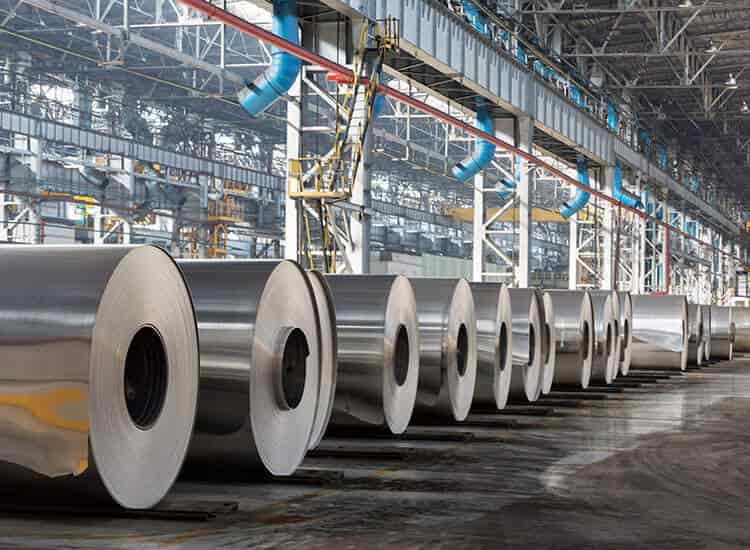FutureProofing Procurement: Strategic Planning for LongTerm Needs
Introduction
In the rapidly evolving business landscape, procurement strategies must adapt to ensure longterm success. Futureproofing procurement involves not only addressing current needs but also anticipating and preparing for future challenges. This blog explores strategic planning for procurement, focusing on how organizations can secure their supply chains and optimize their procurement processes for sustained growth.
Understanding FutureProofing in Procurement
Futureproofing procurement means implementing strategies that make the procurement process resilient against future disruptions. It requires a comprehensive understanding of market trends, technological advancements, and potential risks that could impact supply chains. By anticipating these factors, businesses can develop strategies that ensure their procurement processes remain robust and efficient over time.
Key Strategies for FutureProofing Procurement
1. Embrace Technological Advancements
Technological innovation is a critical driver in futureproofing procurement. Leveraging tools such as artificial intelligence (AI), blockchain, and the Internet of Things (IoT) can enhance procurement efficiency and transparency. AI can help in demand forecasting and spend analysis, while blockchain ensures transparency and security in supply chains. IoT devices can provide realtime tracking and monitoring of goods, reducing the risk of delays and losses.
2. Develop Strong Supplier Relationships
Building and maintaining strong relationships with suppliers is essential for futureproofing procurement. Collaborative partnerships with suppliers can lead to better terms, improved quality, and greater innovation. Regular communication and joint planning sessions help in understanding supplier capabilities and constraints, enabling businesses to respond swiftly to any disruptions.
3. Implement Risk Management Strategies
Effective risk management is vital for a resilient procurement strategy. This involves identifying potential risks, assessing their impact, and developing mitigation plans. Diversifying the supplier base, maintaining safety stock, and conducting regular risk assessments are some of the practices that can help in managing risks. Additionally, developing contingency plans for critical components ensures that procurement processes can continue smoothly even in adverse situations.
4. Focus on Sustainability
Sustainability is becoming increasingly important in procurement strategies. Businesses are now expected to adopt environmentally friendly practices and source materials responsibly. Implementing sustainable procurement practices not only helps in complying with regulations but also enhances the company’s reputation. Sustainable practices include choosing suppliers who adhere to environmental standards, reducing waste in the supply chain, and opting for renewable resources.
5. Optimize Procurement Processes
Continuous optimization of procurement processes is crucial for futureproofing. This involves regularly reviewing and refining procurement practices to enhance efficiency and reduce costs. Adopting best practices, leveraging data analytics, and implementing automated systems can streamline procurement operations. Additionally, training procurement teams on the latest tools and techniques ensures they are wellequipped to handle future challenges.
Conclusion
Futureproofing procurement is an ongoing process that requires strategic planning and proactive measures. By embracing technological advancements, developing strong supplier relationships, implementing risk management strategies, focusing on sustainability, and optimizing procurement processes, businesses can ensure their procurement strategies are resilient and adaptable to future challenges. Preparing for the future today not only secures the supply chain but also positions the business for longterm success.
This blog is structured to provide clear and actionable insights on futureproofing procurement strategies. By adopting these practices, businesses can enhance their procurement processes and ensure sustained growth in a dynamic business environment.




